Prabowo’s Village Cooperatives Aim to Reshape Indonesia’s Grassroots Economy
Main Takeaways
|
JAKARTA, Investortrust.id — President Prabowo Subianto has launched a bold plan to modernize Indonesia’s village economies through a nationwide network of cooperatives, aiming to bypass rent-seeking middlemen and provide rural communities with direct access to goods, services, and financing.
Formally launched in March 2025, the Red and White Village Cooperative (KDMP) initiative is expected to establish 80,000 cooperatives by the end of June, with full nationwide operations commencing on Monday, Oct. 28, 2025. The program builds on lessons from the defunct KUD cooperatives of the New Order era but integrates modern governance and digital oversight.
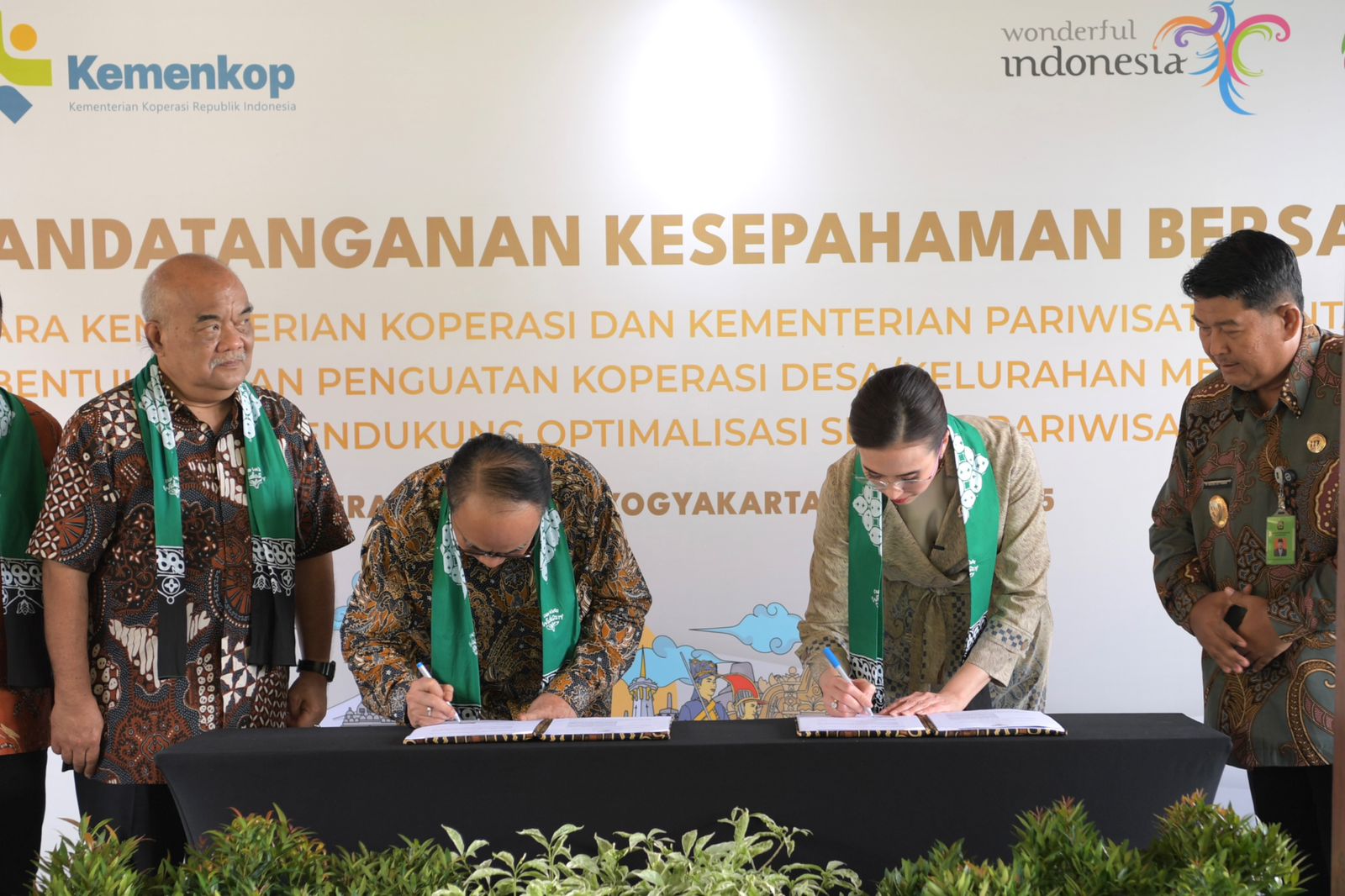
A Strategic Shift from the Old KUD Model
Unlike its predecessors, KDMP is designed to function as a professional business entity backed by the state and regulated under Presidential Instruction (Inpres) No. 9/2025. The cooperatives are tasked with six key economic activities, including:
-
- - distributing basic food items (sembako) directly from producers to villagers,
- - acting as agents for 3kg LPG gas, a subsidized fuel for low-income households,
- - supplying fertilizers and farming equipment,
- - managing agricultural warehouses and equipment rentals,
- - serving as agents for BRILink and BNI, and
- - disbursing government-backed microcredit (KUR) and purchasing staple crops for Bulog, the national logistics agency.
Additional functions may include operating village pharmacies or health posts, reducing the need for rural residents to travel to cities for basic care.
“This is what we call a people-centered economy, rooted in the village,” said President Prabowo during a recent coordination meeting. “There will be no more loan sharks or exploitative middlemen in our villages.”
Funding, Oversight, and Risk Mitigation
Each cooperative is eligible for bank loans ranging from Rp 3 billion to Rp 5 billion ($187,000–$312,000), financed by state-owned lenders grouped under Himbara. The credit is not a grant but a six-year commercial loan backed by the state budget (APBN), and disbursement is subject to rigorous due diligence.
As of mid-May 2025, approximately 9,835 cooperatives had been formed across Indonesia’s 83,971 villages and urban wards. That number is gradually increasing, with a target of reaching 80,000 cooperatives operating in all 83,971 villages and urban wards throughout Indonesia. Full rollout is expected to require about Rp 240 trillion ($15 billion) in bank credit this year.
“Red and White Village Cooperative is being positioned by the government as the main distribution hub for a range of public welfare programs, especially at the village and ward level,” said Coordinating Minister for Food Affairs Zulkifli Hasan at the Indoor Hall of Si Jalak Harupat Stadium, Soreang, Bandung Regency, on Thursday, May 15, 2025.
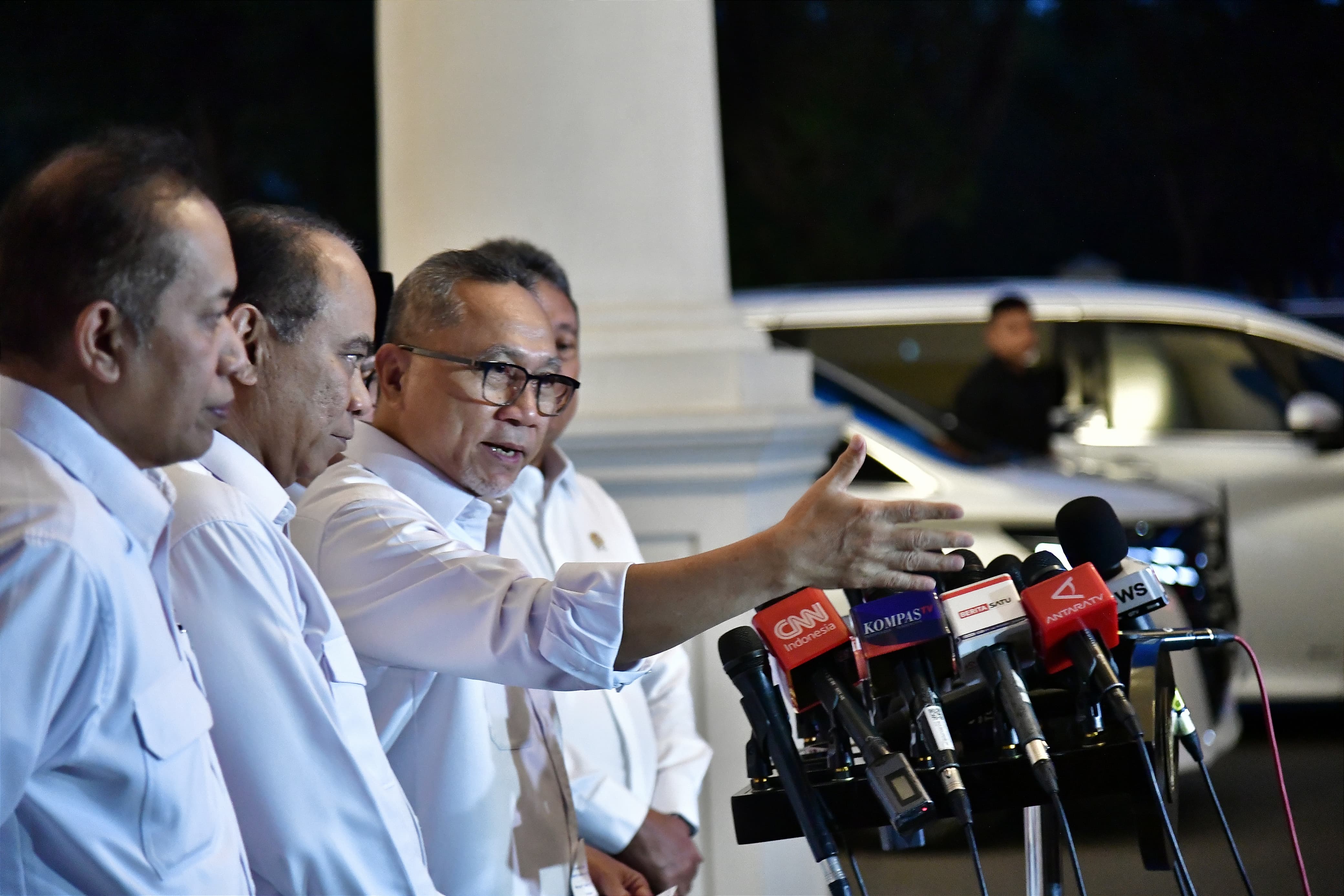
To maintain fiscal discipline, KDMP loans are structured with an embedded safety net. If cooperatives default, repayments may be covered by village funds (Dana Desa), which total Rp 71 trillion ($4.4 billion) in 2025. This backup mechanism is designed to reassure banks while avoiding direct APBN bailout liabilities.
Critics have warned of moral hazard, but Minister of Cooperatives and SMEs Budi Arie Setiadi said oversight will include village heads and professional supervisors to ensure accountability. “With proper management, this will not become a repeat of the failed KUDs,” he said.

Empowering Rural Economies at Scale
The scale of KDMP is unprecedented. Once completed, its network will surpass the combined reach of Indonesia’s two largest retail chains, Alfamart and Indomaret, which operate around 44,500 outlets nationwide.
Each KDMP will serve as a local distribution hub for social assistance programs, agricultural offtake, and village commerce. The model is anchored in local participation and digital governance, with all transactions, member records, and financial data integrated into a national cooperative system.
The initiative also aligns with Indonesia’s constitutional mandate under Article 33 of the 1945 Constitution, which defines the economy as a cooperative endeavor based on family values and social justice. This principle is reinforced by existing laws on cooperatives and village development.
Strategic Advantages
Red and White Village Cooperative offers a range of strategic advantages designed to transform Indonesia’s rural economy from the ground up. First and foremost is access to financing. Each cooperative is eligible for up to Rp 5 billion in working capital loans from state-owned banks. These loans are backed by the national budget (APBN) and can be further supported by village funds (Dana Desa) in the event of credit default, reducing the risk burden for lenders and ensuring sustainable financing.
The initiative is firmly rooted in central government support. It was launched under a Presidential Instruction and is backed by a cross-ministerial alliance, including the ministries of Cooperatives and SMEs, State-Owned Enterprises, Finance, and the Ministry of Villages. This high-level endorsement ensures alignment with broader national development goals.
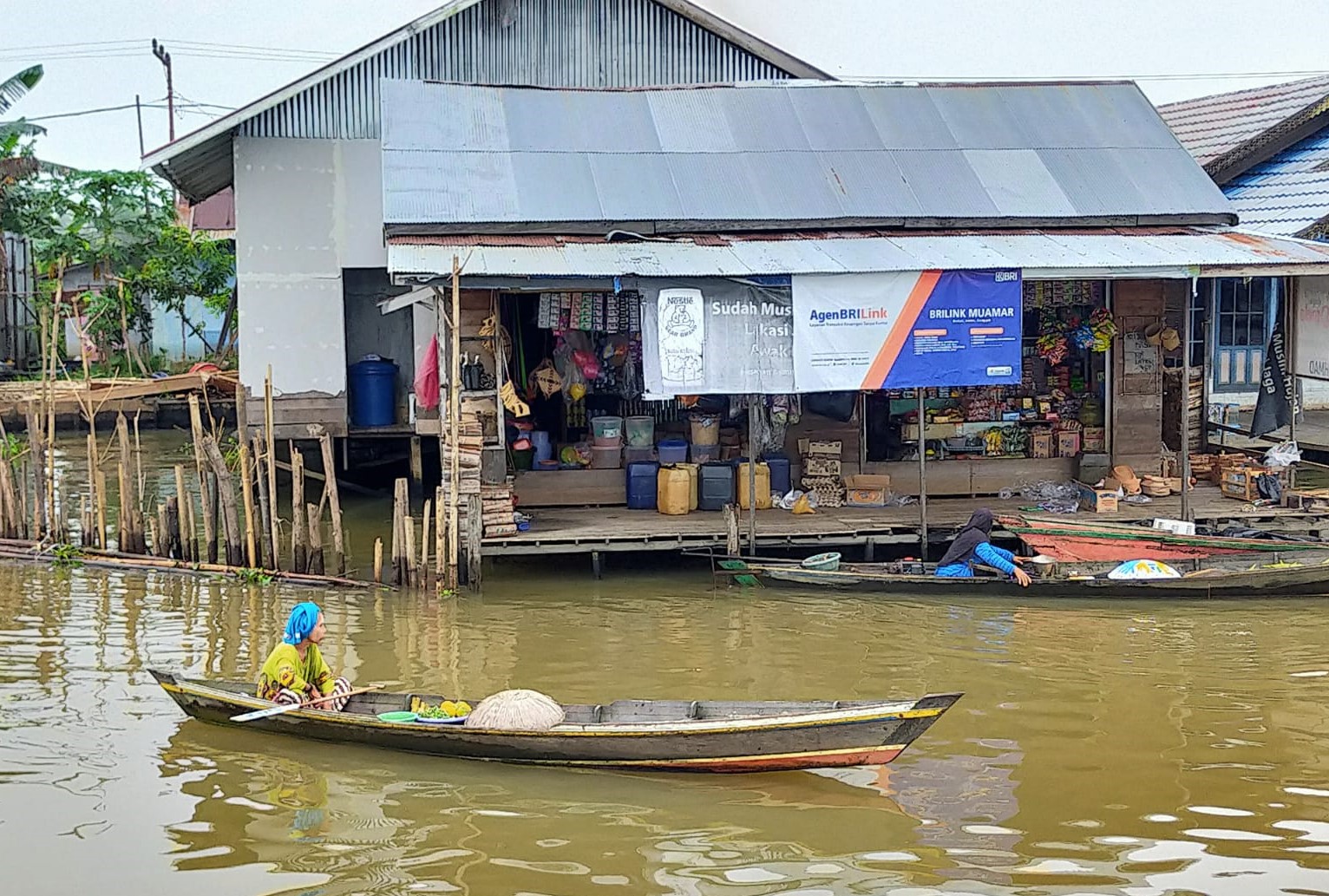
KDMPs are also built on local empowerment. Membership is drawn directly from the village population, promoting community ownership and increasing participation in economic activities. By supporting farmers, micro and small enterprises (MSMEs), and informal workers, the cooperatives help boost income and job creation at the grassroots level.
One of the hallmark features of KDMP is its integrated service model. Each cooperative is designed to serve as a one-stop hub for retail distribution, credit access, delivery of government social assistance, and agricultural logistics. This comprehensive approach streamlines operations and reduces economic leakages that often occur in rural supply chains.
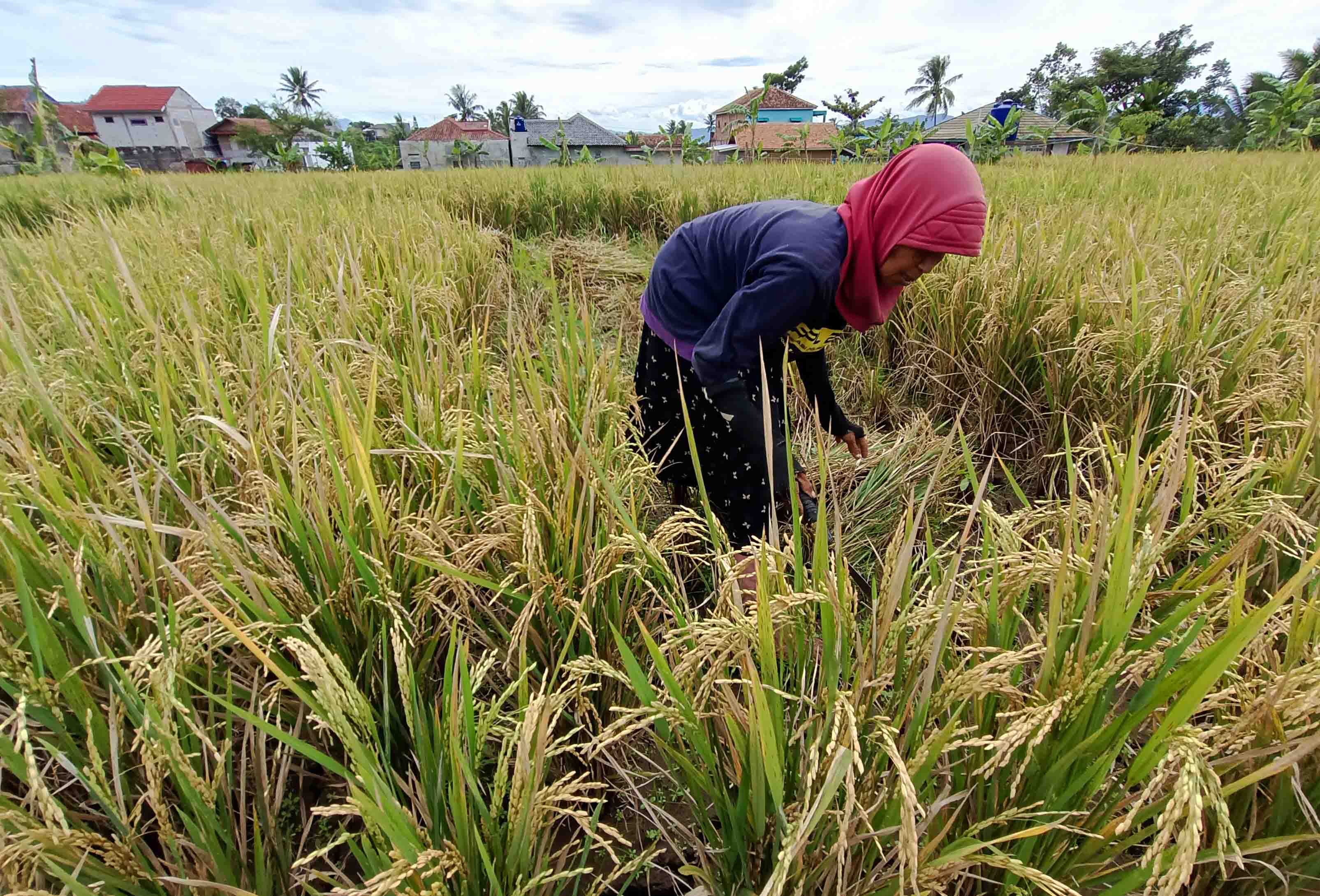
The cooperatives are also embedded within a broader push for digital transparency. All financial transactions, member records, and cooperative performance metrics are integrated into a national digital system. This not only enhances accountability but also enables scalability and data-driven oversight.
Critically, KDMP provides a viable alternative to predatory lending. By offering affordable and regulated financial services, the cooperatives displace illegal moneylenders and online loan sharks that have long exploited rural communities.
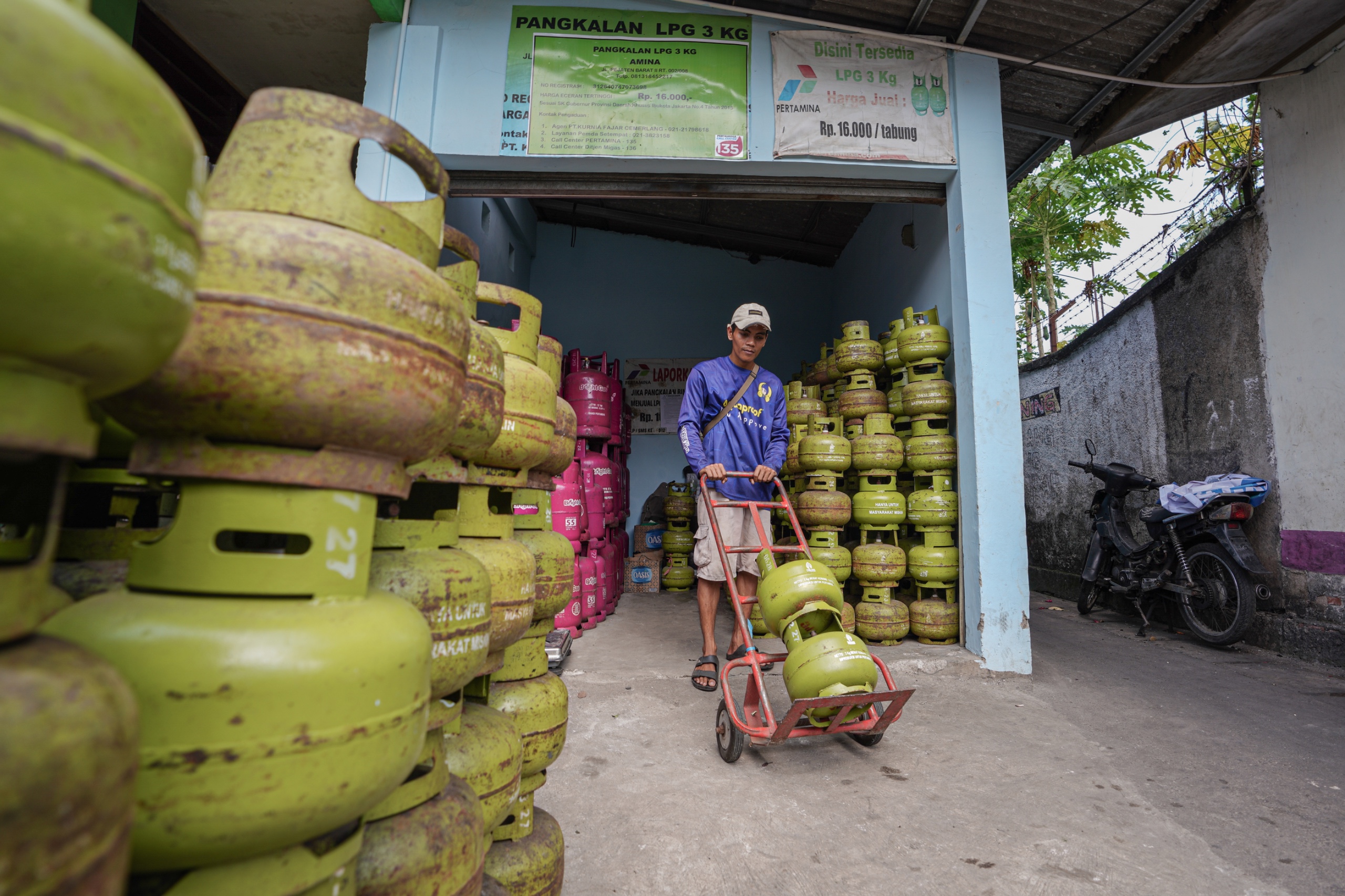
Finally, KDMP is a cornerstone of economic sovereignty. By empowering communities to manage their own supply chains and commercial activities, the cooperatives reduce dependence on large national retailers such as Indomaret and Alfamart. In doing so, the initiative nurtures an inclusive, locally-driven economic model grounded in social equity and mutual cooperation.

